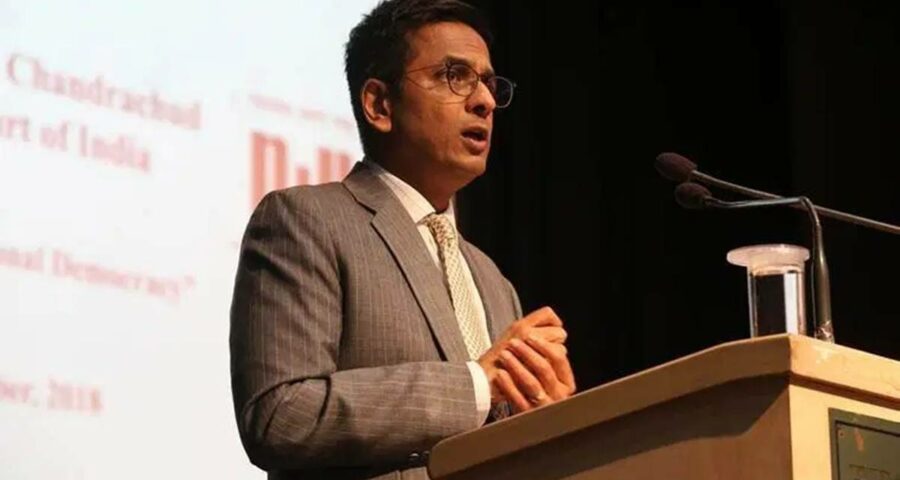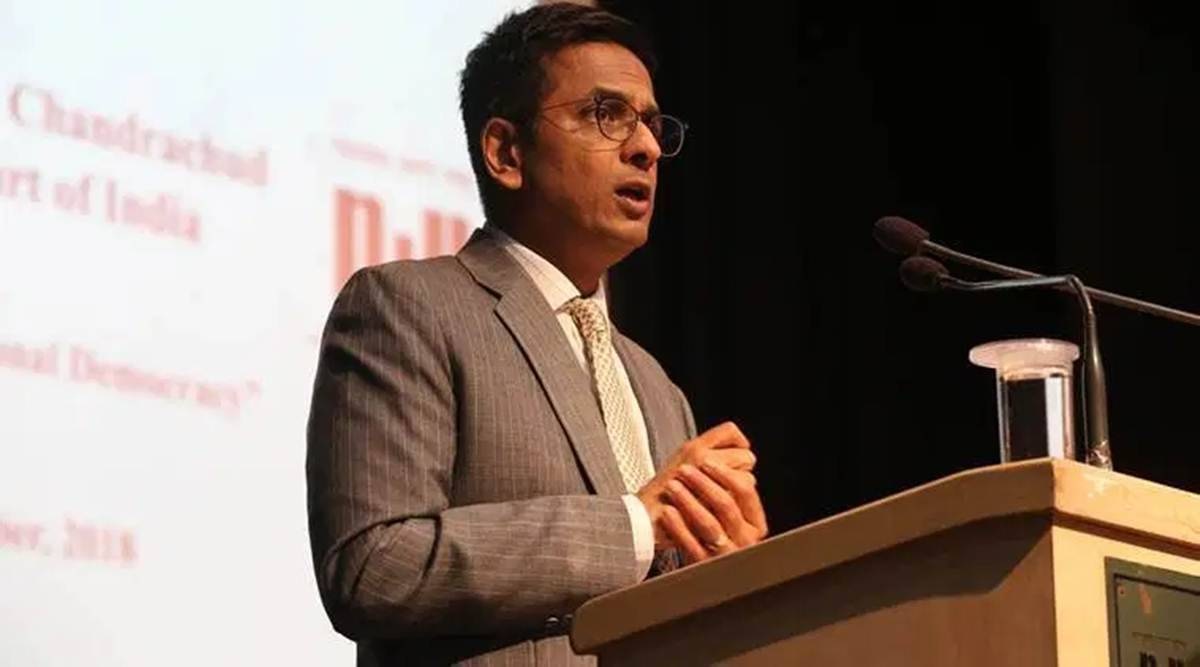Justice Chandrachud started it stating that “there is a tremendous amount of satisfaction in being a judge”. He added that “providing permanent commission to more than 300 women is something that provides great satisfaction to a judge”.
WHAT ARE the perks of being a judge? Not earnings but “tremendous satisfaction”, said a Supreme Court bench of Justices D Y Chandrachud and M R Shah, as the hearing of a matter concerning Permanent Commission for women in the Army veered towards a discussion on the takeaways of judgeship on Tuesday.
Justice Chandrachud started it stating that “there is a tremendous amount of satisfaction in being a judge”. He added that “providing permanent commission to more than 300 women is something that provides great satisfaction to a judge”.
The reference apparently was to the top court’s February 2020 decision when a bench headed by Justice Chandrachud asked the government to consider all serving women officers on Short Service Commission for grant of Permanent Commission, irrespective of their service tenure.
Justice Chandrachud referred to the rigours and monotony of being a judge. While in office, a judge has to be up from morning to night going through the same routine everyday, he said. Justice Shah then weighed in: “But you will have job satisfaction that you have done something for society.”
Turning to Senior Advocate Huzefa Ahmadi, Justice Chandrachud recalled that he had once asked his father, former Chief Justice of India A M Ahmadi, in Ottawa when he was appearing before him in an arbitration matter “that after having spent your whole career in service, what do you think – is it worth it?”
“Absolutely. I have not regretted it one moment,” Justice Ahmadi had said, pointed out Justice Chandrachud, adding, “I guess it’s the same for me. I don’t feel any sense of regret.”
“Many young lawyers ask me about judgeship… You never look at your earnings when you become a judge,” he said, adding that one only asks if there is enough to support the education of children.
Justice Chandrachud pointed out that when he asked young lawyers in Mumbai to pursue a career on the bench, their response was: “We see you sitting in court everyday and don’t think we can do that day in and day out.” He then said, “So, it’s basically a matter of temperament.”
Joining the discussion, Additional Solicitor General Sanjay Jain sought to know why Senior Advocate Paramjit Singh Patwalia, who was also appearing in the matter, had given up judgeship. Patwalia responded that he spent nine months as a judge before quitting. Although it was “extremely satisfying”, he said, “why I left is very personal”.
Elevated to the Punjab and Haryana High Court in March 2006, Patwalia resigned in December the same year and has since been pursuing his career as a lawyer.
Recounting his experience, Justice Shah said that as a judge of the Gujarat High Court, he was able to give over 23,000 retired primary teachers the benefit of revised pension with one order. He recalled that following this, he received a letter from a widow in a rural area and it said “justice is still alive”.
“That is the satisfaction you get here,” he said.
Justice Chandrachud said it was not just about the numbers, but also about opening out new space for women to be equal members of the workforce and equal contributors to the nation.
The bench also used the occasion to underline the importance of being a lawyer, and their contribution to the work of a court. In this context, Justice Chandrachud recalled that he still remembers the words of former Supreme Court judge Justice A P Sen, who once told him in Nagpur while he was still a lawyer, that “there is limitless satisfaction in being a judge, but it is the lawyers who leave footprints in the sands of time”.
Source: Read Full Article


